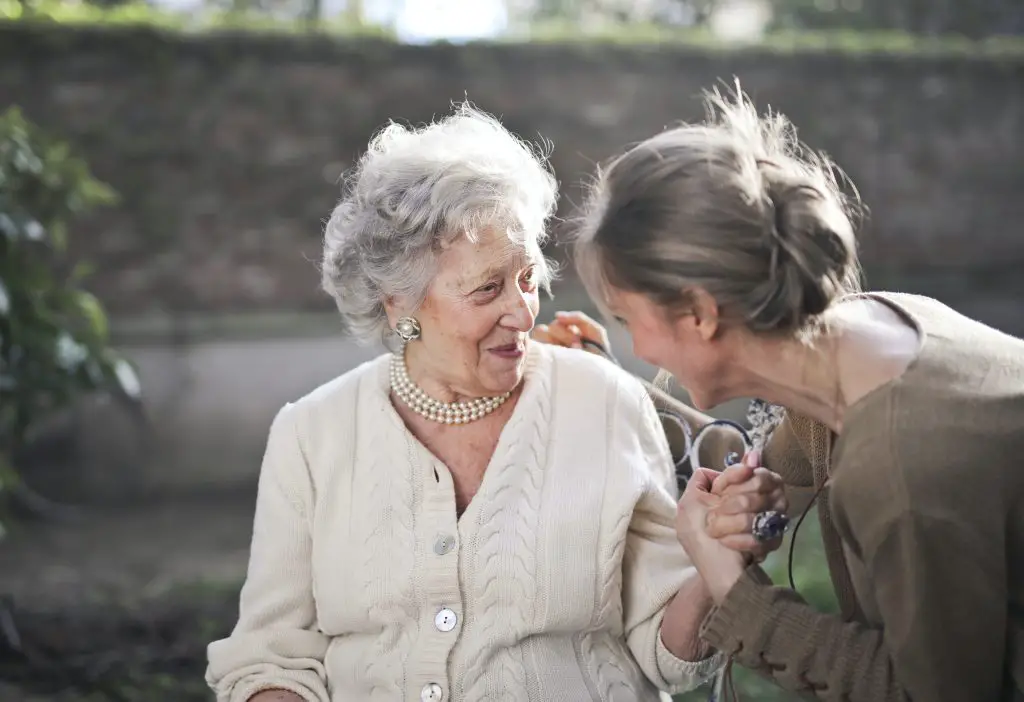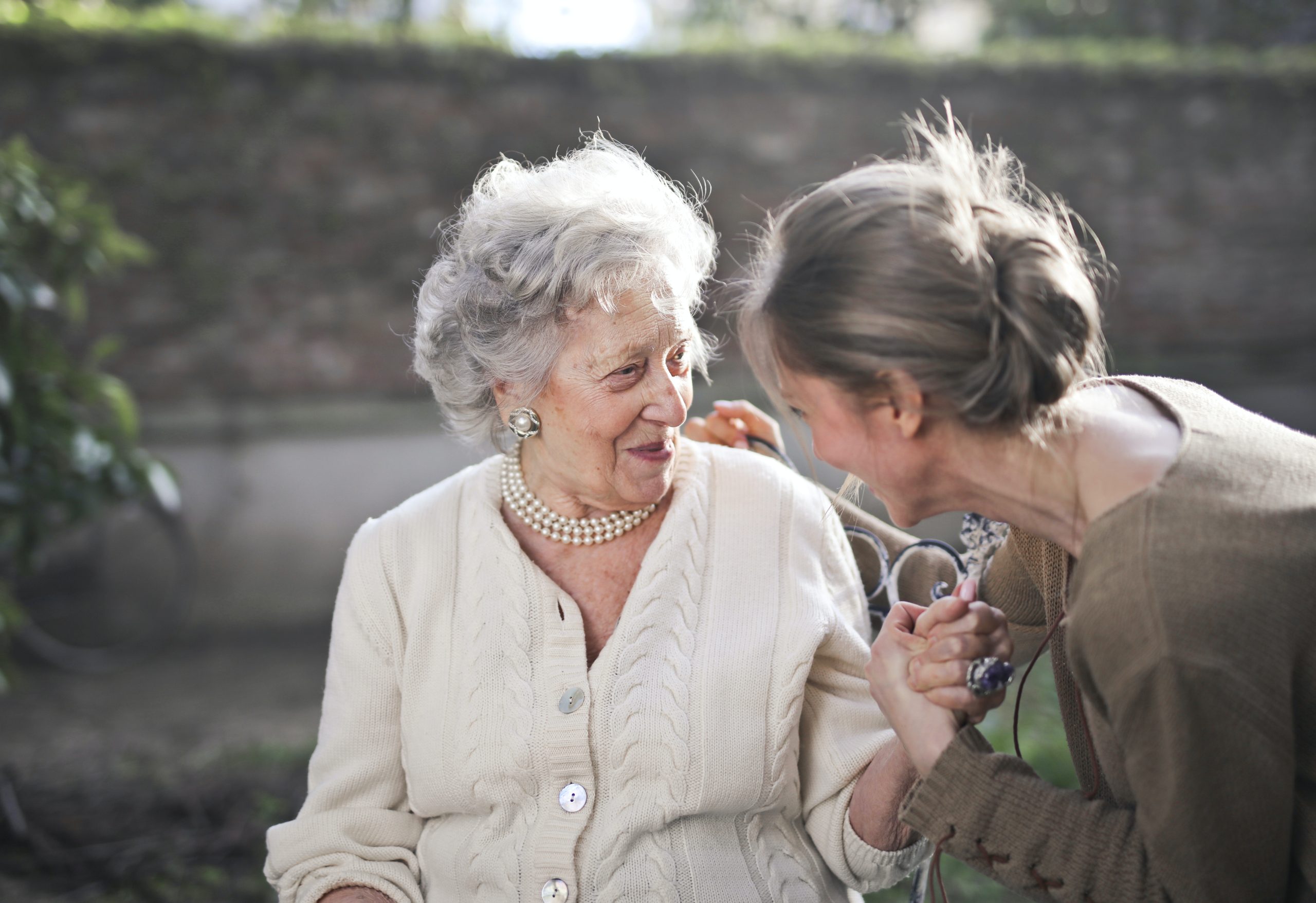In the latest report of Statistics Canada, the population of people aged 85 and older is fast-growing, with a 12% increase from 2016. Reports also state that one in five adult women in Canada is caring for their ill or elderly loved ones. While it’s not yet that alarming, people born in the sandwich generation may face difficulties between supporting aging parents and tending to their growing children. And it’s not a matter of choosing one over the other, so the ideal thing to do is to seek help from professional care, in the form of personal support workers for elder care.
Through the help of Personal Support Workers, elders get the holistic care they deserve. If you’re considering becoming a personal support worker, here are the roles and responsibilities should you decide to become one.

Personal Care and Hygiene Assistance
Good hygiene is crucial for the elderly. Due to their old age, they may often neglect personal care such as brushing their teeth or taking a bath. But with the help of Personal Support Workers, your loved ones can still be able to take care of their hygiene with ease.
- Bathing and grooming
For older people, simple tasks such as turning on a faucet, or opening a bottle of body wash may need more effort. Having a Personal Support Worker to assist in these tasks can help your loved ones be free from skin problems or unwanted odors.
Grooming is also just as important for the elders. Personal support workers can help in clipping fingernails, shaving facial hair, or cleaning dentures. They can also prepare bath essentials or even assist in washing hard-to-reach body parts.
- Dressing and undressing
It can be uncomfortable for the elderly to get undressed in front of others, so these things should be handled with sensitivity. Personal support workers can make them feel comfortable by using a towel or a dressing gown so that they don’t feel exposed. Suggesting appropriate clothes for the weather or preparing clothing items before bathing can also be a huge help. They may need assistance, but it is important that the clients have the freedom to decide on their outfits, hairstyle, or fragrance.
Medication Administration and Management

Chronic illnesses come with old age. It is crucial that personal support workers can assist, by administering medications. Using the correct supplies, doses, and the proper procedure are necessary for the client’s safety and well-being, keeping them as healthy as possible.
- Following medication schedules
In elder care, there’s a need for a strict schedule when taking prescribed medicines. More often than not, old people tend to be forgetful in taking their medications. More often than not, old people tend to be forgetful in taking their medications. A personal support worker can help by creating a medication calendar, setting timed reminders, or using a pillbox.
- Monitoring and reporting side effects
Personal support workers are also well-trained to assist in cases of adverse drug reactions. Although treatments are mainly done by their clients’ primary care physicians, personal support workers may facilitate first aid. First-aid kits are readily available in case of minor injuries, before seeking additional support.
- Communicating with healthcare professionals
It is also important to work closely with the clients’ primary healthcare providers or their specific doctors, especially for treatment and potential side effects of the medication. This includes scheduling doctor visits, asking about medication concerns, and other patient care knowledge. There may be clients who are unable to monitor their health, so personal support workers can help communicate their concerns effectively to their respective doctors.
- Mobility Assistance and Fall Prevention
About 35% of people aged 70 and above are experiencing mobility issues. It can be due to factors like chronic diseases, low physical activity, and disabilities. Even with old age, the elders must be able to stay active, improving heart health and strengthening bones. Doing it alone can be risky, so having a personal support worker is essential.
- Assisting with transfers and ambulation
Most elderly who have been hospitalized for a long period of time may take some time to regain their strength to do the physical activity alone. Even standing up or sitting by themselves can be challenging. Without supervision, it may lead to accidents. Family members may be able to help transfer their loved one from the bed to a wheelchair, but if done incorrectly, it might pose serious injuries. Personal support workers are skilled to handle these kinds of situations. They know the basics of transferring vulnerable bodies as pain-free as possible.
- Using mobility aids such as walkers or wheelchairs
Walkers and wheelchairs are necessary equipment when it comes to elderly care. The personal support worker’s role is to be able to know how to operate or repair these mobility aids. It’s also important to seat the patient conveniently and in the correct posture while using these mobility aids, so as not to inflict injury or pain when moving.
- Identifying fall risks and taking preventative measures
Having a personal support worker around the elderly is one step to ensuring the safety of your loved ones, even at home. Aside from helping the elderly move around and use their mobility aids, personal support workers can keep an eye on any emergency that might occur. It is also their job to assist in physical therapy and remove potential home hazards, which can largely reduce fall risks.
Emotional Support and Companionship
Aside from physical support, a huge part of elderly care that personal support workers do is emotional support. It is much safer to have someone to be with your aged loved ones at home not only for mobility assistance but also for companion care. Here are some of the ways a personal support worker can support their clients.
- Providing socialization and companionship
More than help in daily tasks, the elderly need someone to be there for social interaction. It will make them feel less lonely, and it can also improve their mental and emotional health. Companionship doesn’t have to be grand gestures– it can just be in the form of having tea time together or watching TV for leisure.
- Active listening and emotional support
Reaching the age of retirement can make your clients feel more lonely. Through empathic listening, elders may feel more comfortable and confident in sharing their genuine feelings and thoughts with personal support workers. In this way, you can also get to know your clients better and use this to provide them with the support they need.
- Engaging in recreational activities
Old age is not a limit to having fun. There are many activities that the elderly can enjoy but it would be extra fun to have someone enjoy leisure time together. It’s a good way to encourage them to have leisure time and can also reduce stress. Elder care can also mean fun too, such as participating in activities your clients enjoy the most like gardening, exercising, or board games.
A Life-Changing Role to Take
Becoming a personal support worker means being present in the lives of your client. While it can be a challenging job, it is one of the most fulfilling experiences you can take where you could make a difference in other people’s lives. More than the physical assistance and overall support, it is a job that helps create a positive impact for people who need extra comfort and care in their twilight years.








